Issue 63 : 6 September 2020
Talofa Lava, Kia Orana, Malo E Leilei, Tena Koutou, Hello ...
... and welcome to the latest issue of “For The Love Of The Game”, the official e-zine of the New Zealand Amateur Sport Association Inc. We hope you enjoy reading the articles below.
Following yesterday's eagerly anticipated "North vs South" rugby union match, in this week’s "From The Archives" segment, we tell the story of one of our wartime and sporting heroes (who played in back-to-back inter-island rugby matches), whose bravery on the sports-field and battle-field was impugned by the jingoism of 1940’s New Zealand.
If you have any feedback on this issue, ideas for future articles, or would like to contact the Editor, please click here. And, you are invited to forward the e-zine to others you know, who may be interested in reading it. An archive of earlier editions of the e-zine can be found here.
If you are interested in applying for membership of the Association, please click here.
National Sport Club Survey Now Open ...
The National Sport Club Survey (NSCS) is a collaboration between the Association and the Sport Performance Institute New Zealand (SPRINZ) at AUT. The survey provides an annual snapshot of the management and operations of New Zealand’s 7,500 sport clubs.
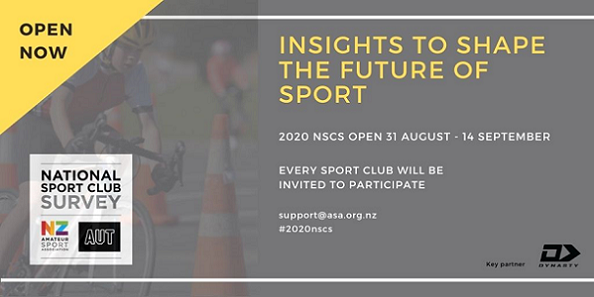
The purpose of the survey is to generate insights that can help shape the future of sport. These insights are widely disseminated through the sport sector via infographics and workshops in partnership with sport organisations.
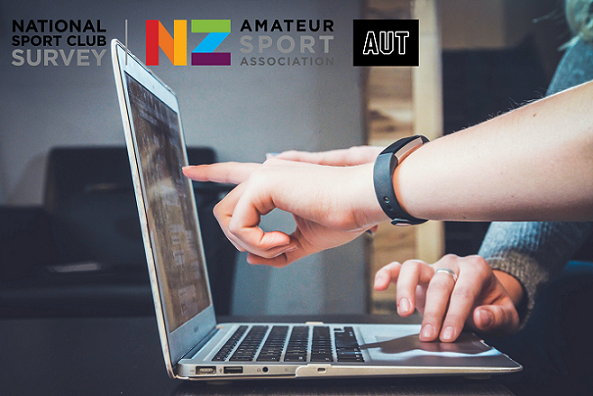
The 2020 NSCS is open from 31 August to 14 September. We're grateful that the hundreds of clubs who have participated so far have seen the value in doing so. By way of example, the "Fencing Institute", who recently completed the survey, “found it very thought-provoking”. If you would like to know more about the survey, or how to participate, please click here.
Girls At Risk Of Not Returning To Team Sport ...
A national survey of more than 1,000 Australian teenagers conducted as part of the "Suncorp Team Girls" initiative, has revealed more than a quarter of Australian teen girls are at risk of not returning to play team sport, following time away during COVID-19 lockdowns. This is despite 86% of respondents recognise the numerous benefits of team sport participation, with almost half (47%) reporting it increases their confidence, and 64% feeling happier when they play.
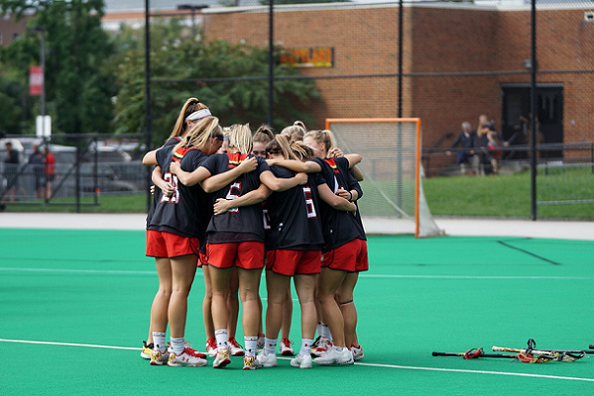
The research revealed one in four have simply “lost interest”, while more than half (60%) reported “nothing can be done” to make them look forward to participating in team sport again. While the reasons for the loss of confidence are not clear, the results mirror an English survey. Sport England research recently showed a greater drop-off in sporting activity among women than men arising from the pandemic, with fears these losses will be permanent as people lose the habit and the opportunity to take part in sport. Pre-COVID-19, Suncorp had reported that one in every two Australian girls are quitting sport by the age of 15.
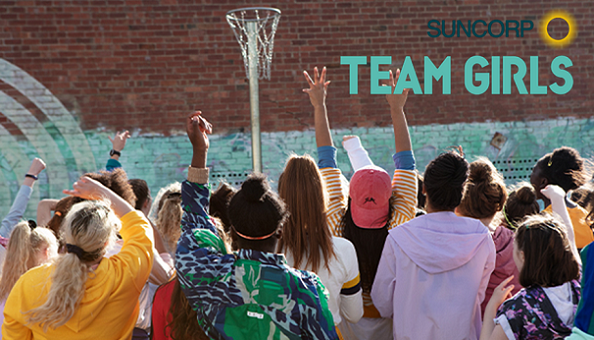
You can read more about this research by clicking here.
New Zealand Ju-Jitsu Federation Joins Association ...
The Association is pleased to welcome the "New Zealand Ju-Jitsu Federation" (NZJJF) as a National Sporting Organisation member. The NZJJF was formed in 2003 and is recognised as the governing body for all styles of Ju-Jitsu, MMA and Pankration. In joining the Association, the Federation seeks to work collaboratively for the benefit of the amateur sport of Ju-Jitsu in New Zealand and help build its strategic direction for the future.
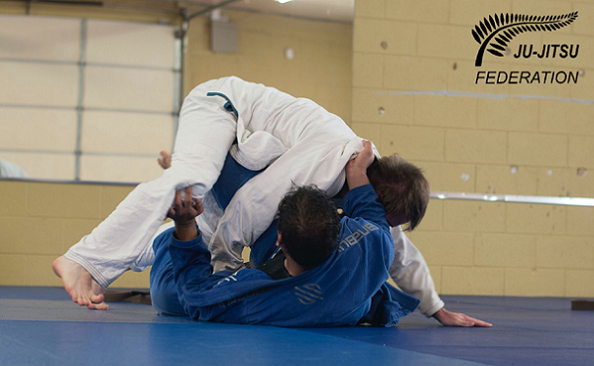
Mental Health Conditions Among Kiwi Youth Have Doubled ...
The University of Auckland’s Centre for Informed Futures (“Koi Tu”) warns that the mental health of teenagers could worsen in the wake of COVID-19, following research that has revealed the number of youth mental health conditions has doubled over the past decade. The University’s research mirrors a recent UNICEF report which places New Zealand in the bottom 15% in the OECD for overall child well-being, with the country’s youth suicide rate of 14.9 deaths per 100,000 adolescents, the second highest in the developed world.
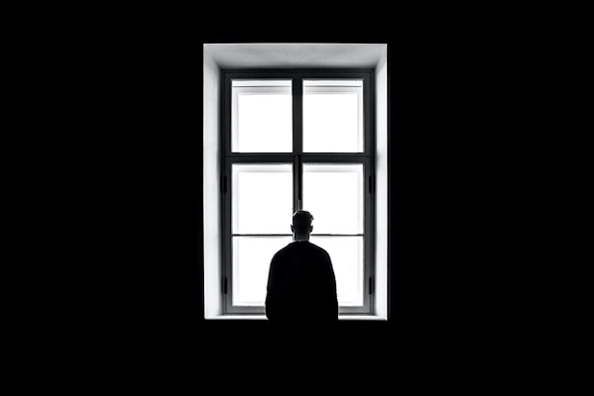
Both reports cite various causes for the worrying statistics. Among the background factors, which are described as a “growing mental health pandemic”, a sense of community dislocation arising from the impact of social lockdowns, unrestrained social media and anxiety for the future are likely to be among the 20 key contributing factors which Koi Tu says it has identified.
The role of community sport in providing teenagers with a sense of self-identity, community connection, self-confidence, and camaraderie should not be overlooked by Government as essential to the well-being of young New Zealanders. In this Association’s view, the drop-off in teenage sport participation has a direct link to the mental well-being of this group. Provide teenagers with recognition, opportunities and incentives and their sense of well-being will grow.
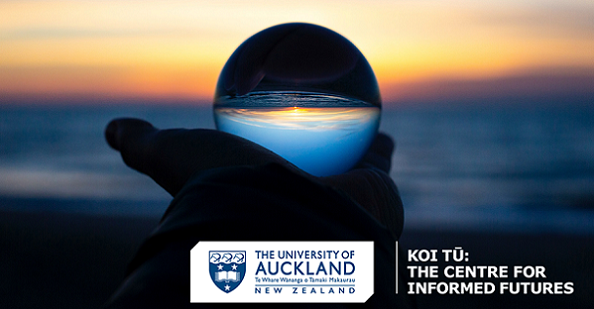
You can read the full report from Koi Tu, by clicking here.
Minister Supports The Social Capital Created By Community Sports Clubs ...
At a meeting hosted by Silvereye Communications in Wellington last week, Minister for Sport and Recreation, Grant Robertson, confirmed the importance of community sports clubs in building social capital for all New Zealanders. In response to a question from Association Chairman, Gordon Noble-Campbell, Grant confirmed that the majority of the $256 million promised by the Government for sport would be applied for the benefit of grassroots sport.
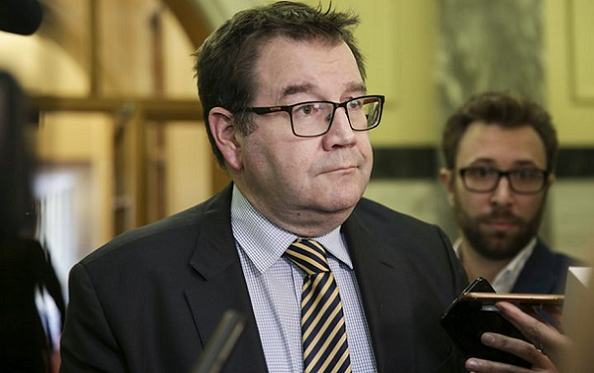
(Sport & Recreation Minister, Grant Robertson - Photo Credit: RNZ, Richard Tindiller)
Viewpoint : “Cup-Noodle-Contracts” An Expensive Option ...
The Association was interested to learn of one sporting organisation offering a “$1 retainer”, (the price of a single cup-noodle serving), comprising two 50 cent payments, for a chance to play professionally. With less than 1% of the total participants in some sporting codes gaining full-time contracts (with presumably more generous retainers!), the opportunity-cost in not having an alternative professional qualification or trade, can be extremely costly in later life, particularly if a sporting career is pursued without completing basic secondary education.

Statistics from the Ministry of Education show that someone with a trade-certificate or diploma will, on average, earn around 15% to 30% more than someone who leaves school with no qualification other than NCEA, with the earnings premium is higher again if a degree course is completed. Abandoning secondary-schooling for the chance of a sporting career is potentially even more costly, as illustrated below.
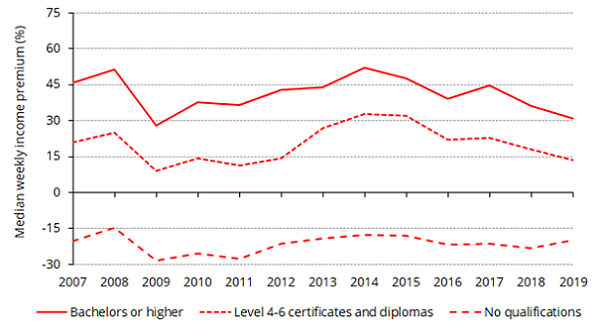
(Over a lifetime, qualifications make a big difference - Source: Ministry of Education)
Reflecting the tighter financial conditions that many sporting codes are now adjusting to in the current COVID-19 world, the scarcity of the financial prize for players, if ephemeral today, will be even harder to secure in a future of reduced income for sport organisations. And given that the prospect of earning-a-living by playing the game for most participants is simply illusory, perhaps more needs to be done by sporting codes to ensure that sporting youth are making the right choices today, in terms of their future lives and financial livelihoods.
From The Archives ...
GISBORNE HERALD, VOLUME LXVII, ISSUE 20262, 1 JUNE 1940
White Feather to Wrong Address
“It was thought that the despicable action of sending white feathers to men of military age had died out in Gisborne, but it was learned this morning that another feather had been sent to a wrong address. The recipient, Mr. A. McAneney, enlisted for service overseas last Saturday. Enclosed in the envelope was a cutting from the Herald of Major-General B. C. Freyberg’s recent appeal for more volunteers. The address was written in a wavery hand. Since the beginning of the war the Herald’s attention has been drawn to three such letters sent in each case to men who had volunteered and were awaiting the call.”
Alexander (Alex) Ian McAneney was born on 9 April 1918, the third son of Frederick Edward and Jeannie Alma McAneney (nee Clunie), of Gisborne. Alexander’s father was from Wairoa and following a career as a drover and station-hand, worked for the Gisborne Refrigerating Company. Living at 213 Clifford Street, the McAneneys were fully involved in community sport as a family. Encouraging his three daughter’s interest in “basketball” (netball) and with an interest in boxing and wrestling himself, Fred McAneney encouraged his three sons to become involved with Gisborne’s Celtic Rugby Football Club.
A talented sprinter, long-jumper and rower, Alex played on his preferred Left-Wing for the Celtic club and was first selected to represent Poverty Bay in Rugby Union in 1936 (along with this brother Fred-junior), swiftly attaining the reputation as a lethal attacker with ball in hand. Becoming involved in the local community, he joined the Manchester Unity Oddfellows Loyal Gisborne Lodge, 6087.
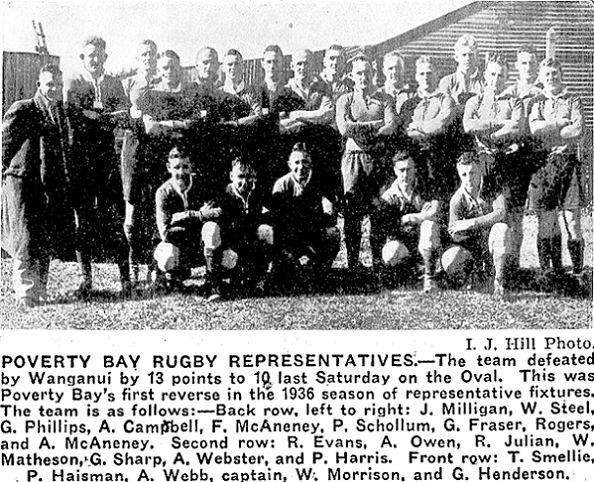
(The Poverty Bay side of 1936, featuring the McAneney brothers)
In June 1937 he was nominated with two other Poverty Bay players to trial for the All Blacks in view of the upcoming tour by the Springboks to New Zealand, reinforcing his selection with a five-try-romp against Marist for Celtic, that same month. While not being selected for New Zealand, he did play against the South Africans that year in a combined Poverty Bay, East Coast, Bay of Plenty side, (which was beaten by the Springboks, by 33 points to 3).
Two years later, McAneney was in scintillating from for the North Island team in the annual Inter-Island match and once enlisted in the New Zealand Second Expeditionary Force in 1940, he repeated his performance for the North Island Services team at Athletic Park against the South Island Services team, scoring a try for the North in the first 10 minutes of the match.
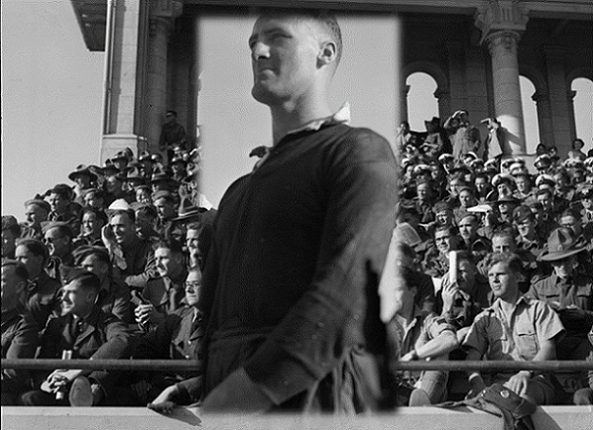
(Alex McAneneny,, and some of the crowd watching the 1942 match at Alexandria)
He represented New Zealand in Egypt as part of the “Army All Blacks” team against the “Rest of Egypt” at Alexandria, in March 1942. New Zealand won that match by 44 points to 6. There were six All Blacks in the team, but none of the other nine players were recognised by the New Zealand Rugby Union as having represented their country - (perhaps they should be now?)
Later that year, on 26 October, Second Lieutenant McAneney was killed by small arms fire in the battle for Miteiriya Ridge at El Alamein. He was 24 years old. As a result of making the supreme sacrifice for his country, McAneney never returned to New Zealand and is buried at the El Alamein War Cemetery in Egypt.
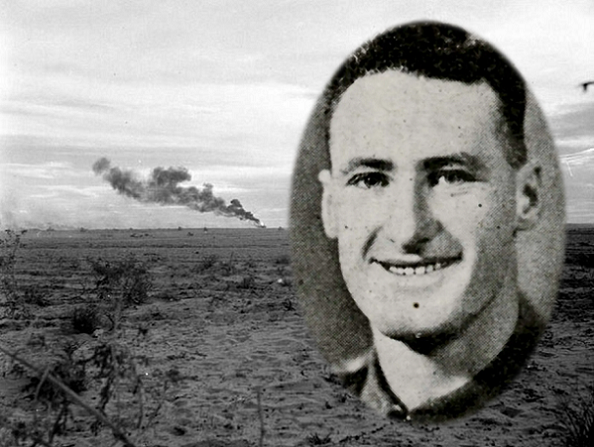
(Alexander Ian McAneney, 1918-1942)
The Final Word …
“Every father should remember one day his son will follow his example, not his advice.”
(Charles "Boss" Kettering)